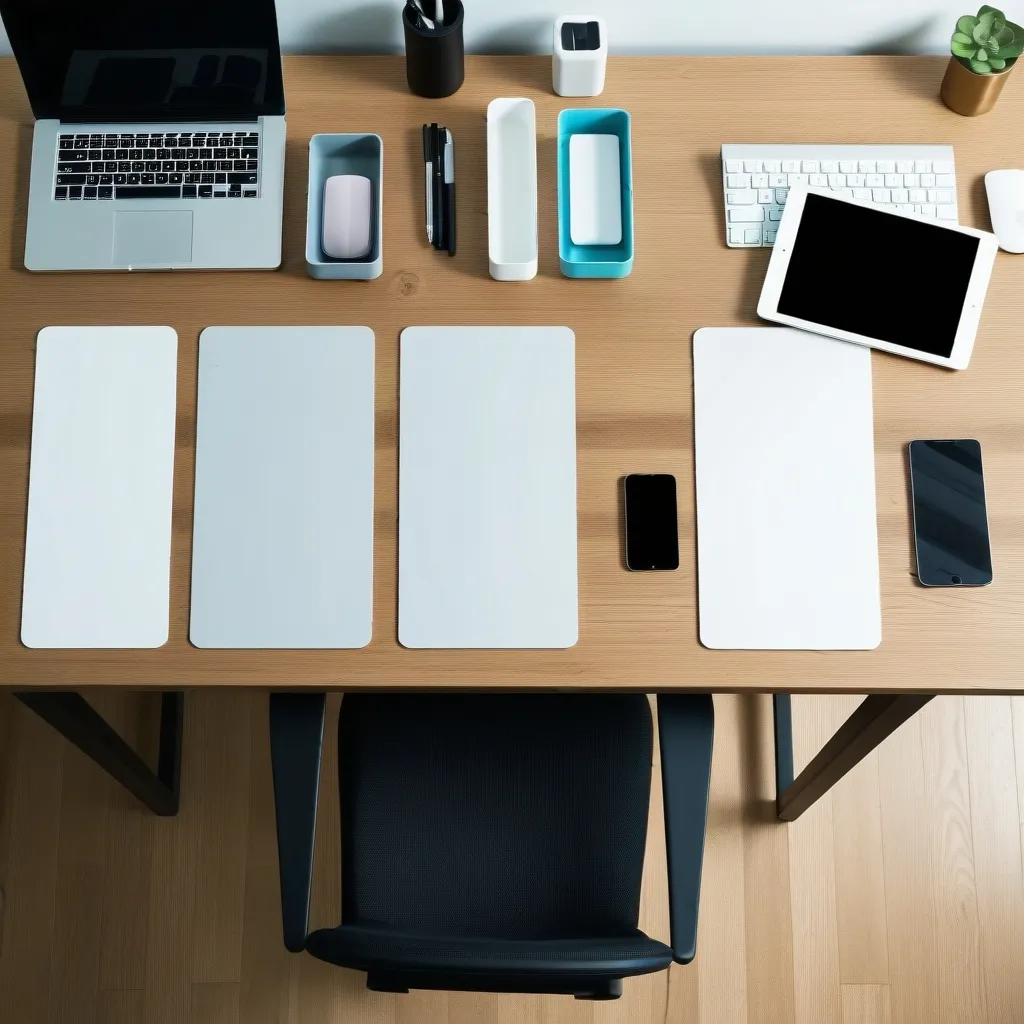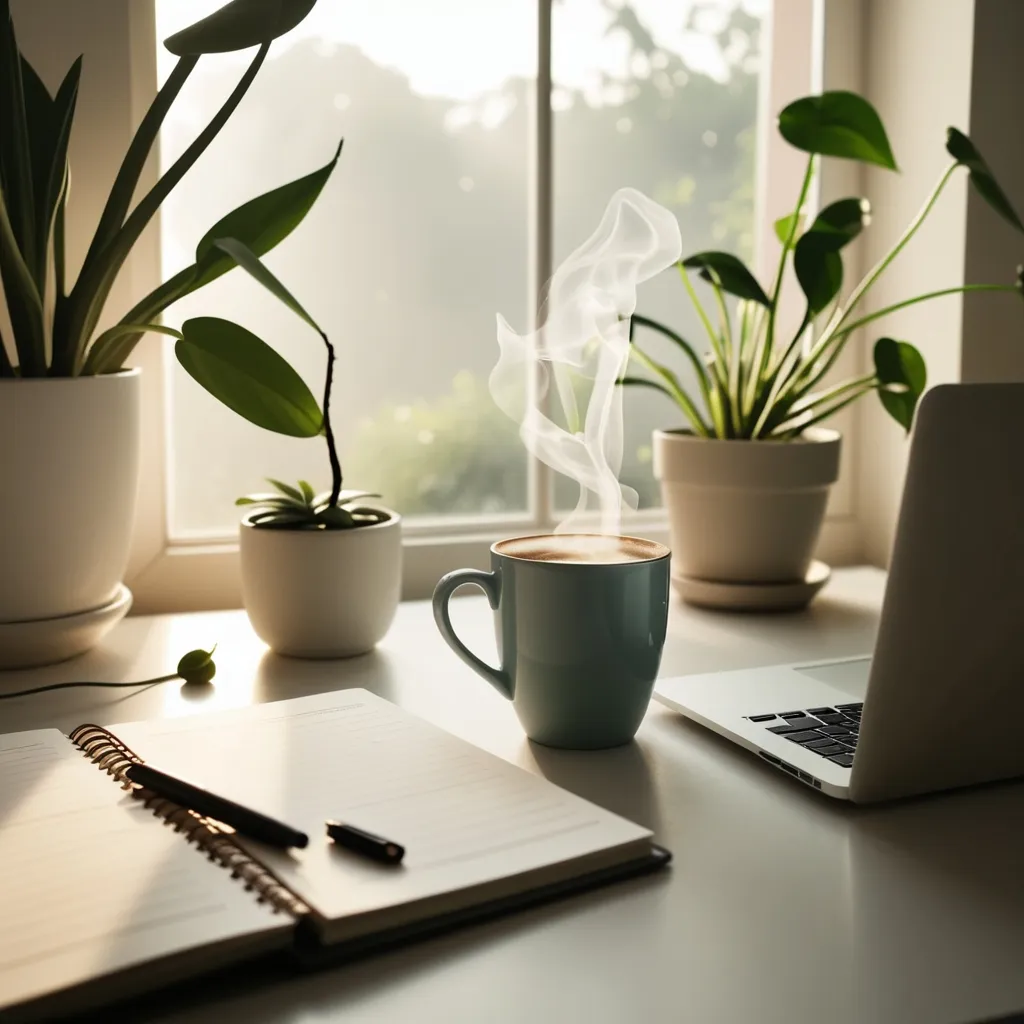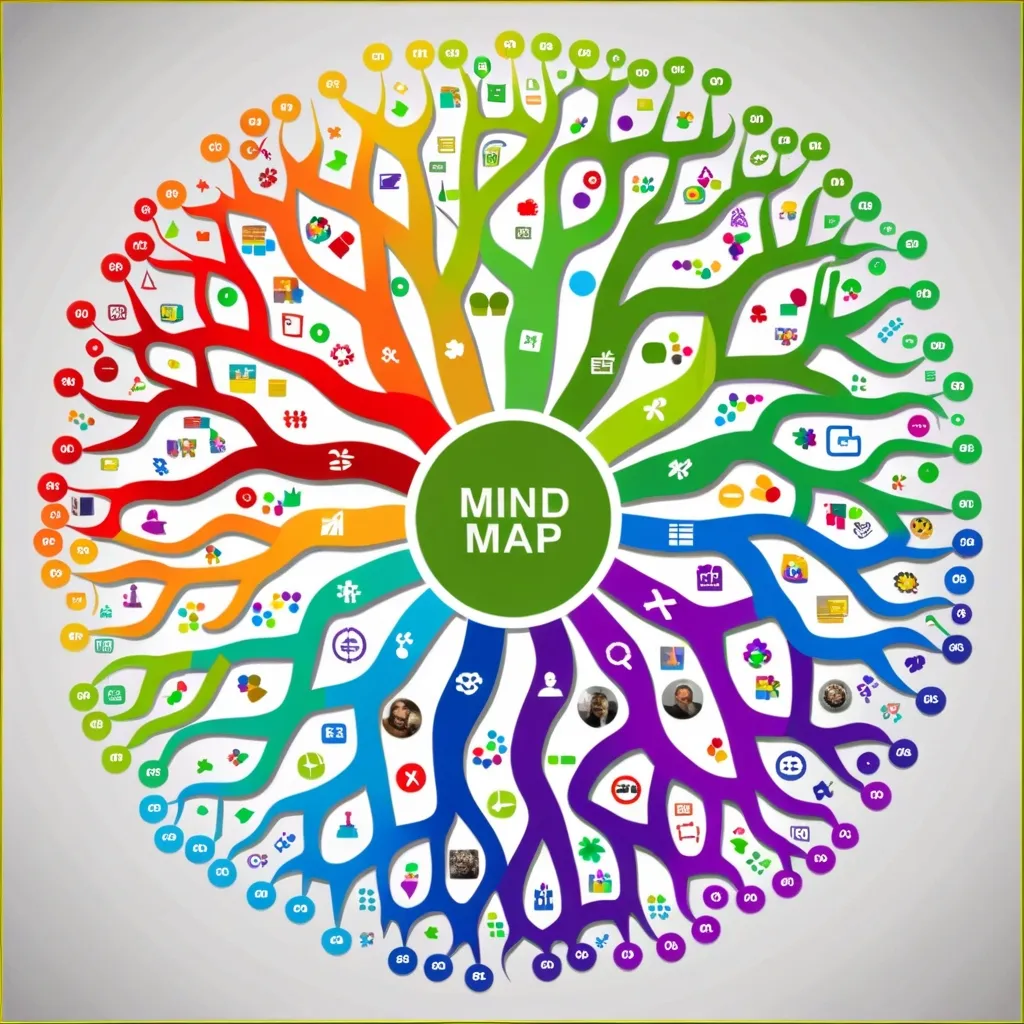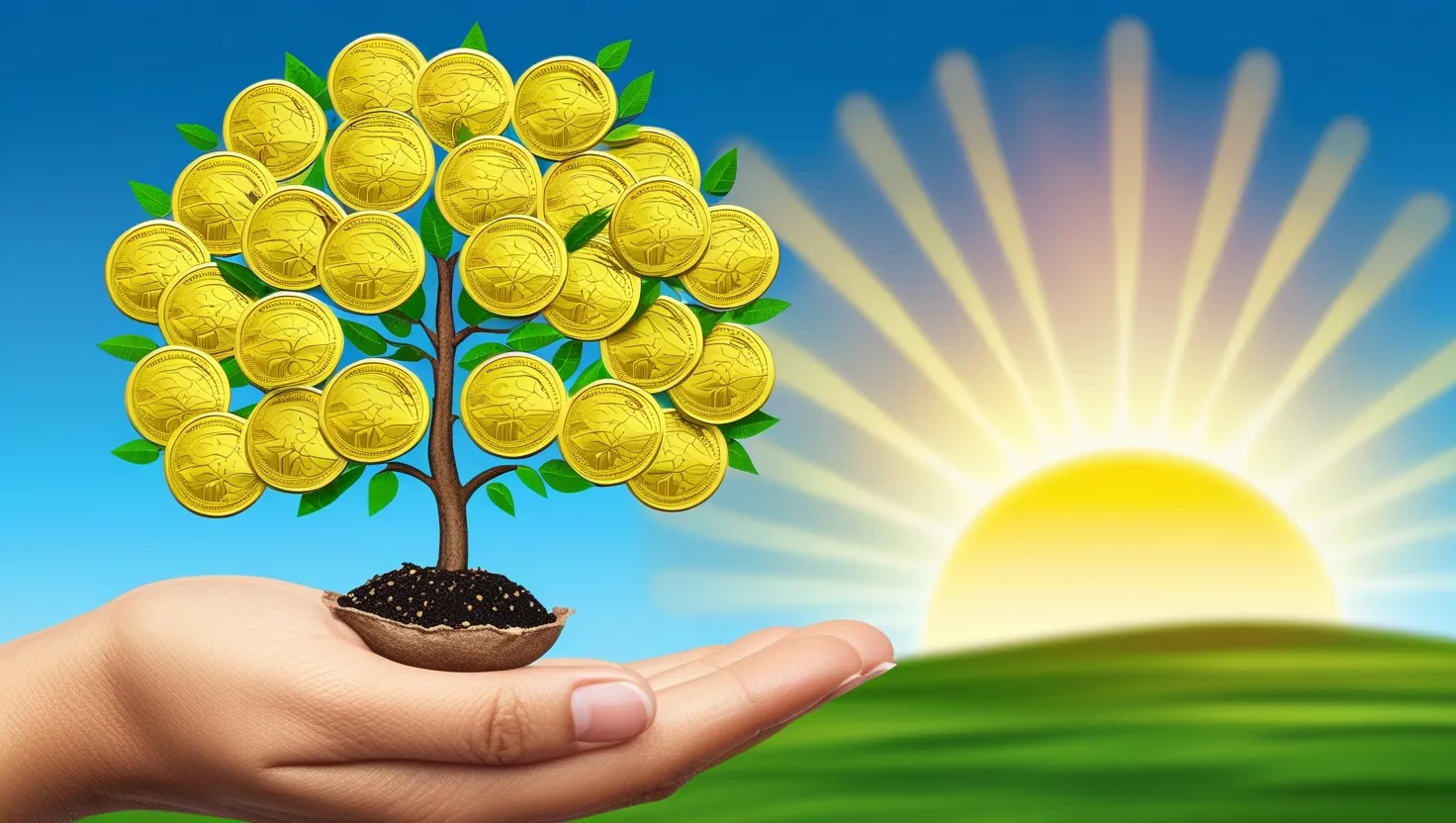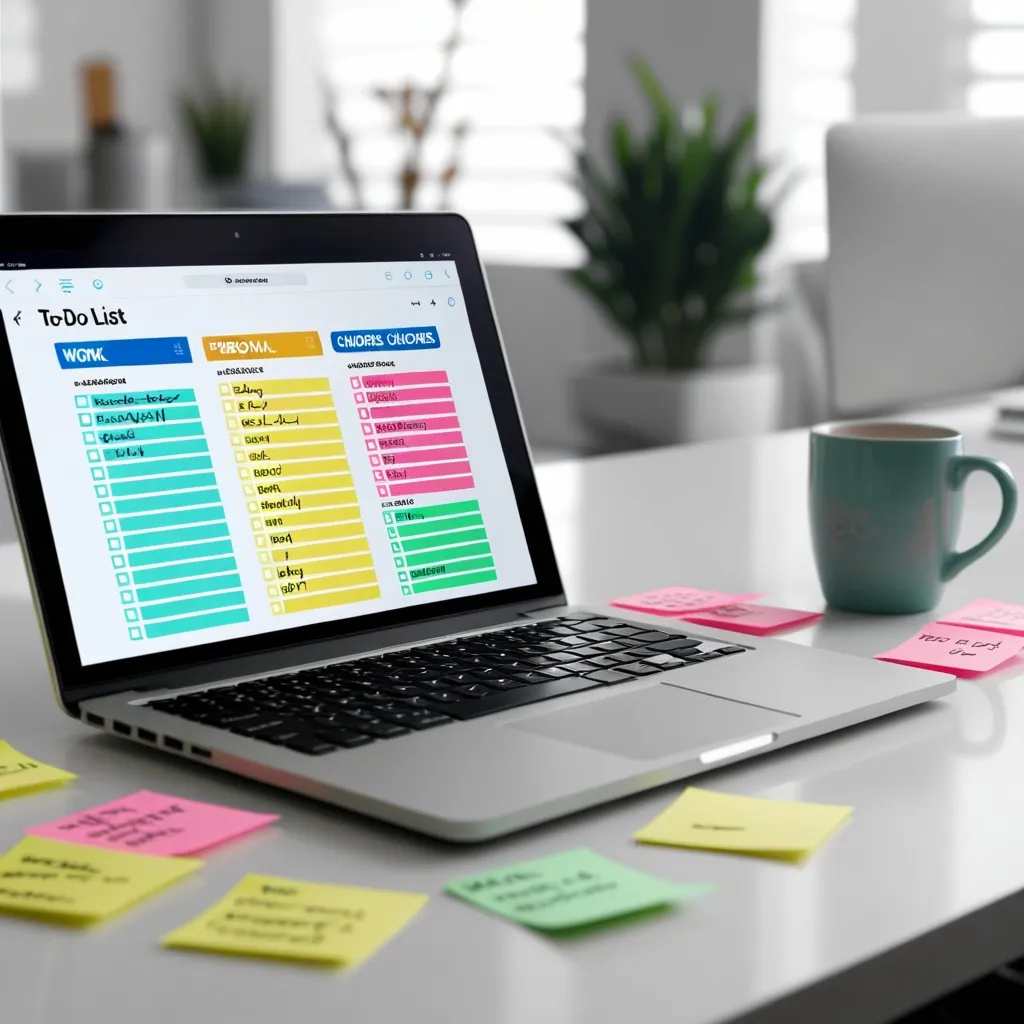Embracing the Art of Doing Nothing: A Gateway to Well-being
In our hyper-connected world, the idea of doing absolutely nothing for 30 minutes a day might seem like a waste of time. We’re constantly bombarded with messages about productivity, hustling, and making every second count. But what if I told you that intentionally doing nothing could be the key to unlocking your full potential?
Let’s face it, we’re all guilty of being busy for the sake of being busy. We wear our packed schedules like badges of honor, as if being constantly on the go somehow proves our worth. But here’s the thing - all this busyness might actually be holding us back.
Think about it. When was the last time you just sat and did nothing? No scrolling through your phone, no watching TV, no planning your next move. Just… nothing. If you’re like most people, you probably can’t remember. And that’s a problem.
You see, our brains aren’t designed to be “on” all the time. They need downtime to process information, make connections, and recharge. It’s like trying to run a marathon without ever taking a water break. Sure, you might make it for a while, but eventually, you’re going to crash and burn.
That’s where the magic of doing nothing comes in. It’s not about being lazy or unproductive. It’s about giving your mind and body the rest they desperately need. It’s about hitting the reset button and coming back stronger.
Now, I know what you’re thinking. “I don’t have time to do nothing!” But here’s the kicker - by taking time to do nothing, you’re actually setting yourself up to be more productive when you are doing something. It’s counterintuitive, but it works.
Let’s break it down. When you’re constantly go-go-go, your brain is in a state of high alert. It’s like having a bunch of tabs open on your computer - everything’s running slowly because your system is overloaded. But when you take time to do nothing, you’re closing those tabs. You’re giving your brain a chance to catch up and sort through all the information it’s been bombarded with.
This mental decluttering has some pretty amazing benefits. For starters, it can seriously boost your creativity. Ever notice how your best ideas come to you in the shower or right before you fall asleep? That’s because your brain is finally getting a chance to make those out-of-the-box connections. When you’re constantly busy, your mind tends to stick to the most obvious solutions. But give it some downtime, and suddenly it’s coming up with brilliant ideas you never would have thought of otherwise.
And let’s talk about mental health for a second. In a world where anxiety and stress are practically epidemic, taking time to do nothing can be a lifesaver. It’s like hitting the pause button on all your worries and fears. When you sit in silence and just observe your thoughts without judgment, you’re practicing mindfulness - a powerful tool for reducing stress and improving overall well-being.
But the benefits don’t stop there. Doing nothing can also have a huge impact on your physical health. When you’re always on the go, your body is in a constant state of stress. This can lead to all sorts of health problems, from high blood pressure to obesity. But when you take time to rest and recharge, you’re giving your body a chance to heal and rejuvenate.
Now, I know what some of you are thinking. “But I feel guilty when I’m not being productive!” Trust me, I get it. We live in a culture that values busyness above all else. But here’s the thing - that guilt is misplaced. Doing nothing isn’t lazy - it’s necessary. It’s an investment in your own well-being.
Think of it like this. If you had a car, you wouldn’t expect it to run non-stop without ever filling up the tank or getting an oil change, right? Well, your mind and body are the same way. They need regular maintenance to keep running smoothly. And that maintenance comes in the form of rest.
So how do you actually do this whole “doing nothing” thing? It’s simpler than you might think. Start by setting aside 30 minutes a day where you have absolutely nothing planned. Find a quiet spot, turn off all your devices, and just… be. You can sit, lie down, whatever feels comfortable. The key is to resist the urge to do anything.
At first, it might feel uncomfortable. Your mind might race with all the things you “should” be doing. That’s okay. Just observe those thoughts without getting caught up in them. Over time, you’ll find it easier to quiet your mind and truly relax.
And here’s a little secret - doing nothing can actually make you better with money. Yeah, you heard that right. When you’re constantly stressed and overworked, you’re more likely to make impulsive financial decisions. But when you give yourself time to rest and recharge, you’re able to approach your finances with a clear head. You make better decisions, you’re more creative with your budgeting, and you’re less likely to splurge on things you don’t really need just to make yourself feel better.
Now, I’m not saying you should quit your job and become a professional couch potato. The key is balance. It’s about finding that sweet spot between productivity and rest. In fact, many cultures around the world have embraced this concept. In the Netherlands, they call it “niksen” - the art of doing nothing. In Italy, it’s “dolce far niente” - the sweetness of doing nothing. These cultures recognize that rest isn’t just nice to have - it’s essential for a well-lived life.
So here’s my challenge to you. For the next week, try setting aside 30 minutes each day to do absolutely nothing. No phone, no TV, no planning - just you and your thoughts. It might feel weird at first, but stick with it. You might be surprised at how much clearer your mind feels, how much more creative you become, and how much better you feel overall.
Remember, doing nothing isn’t about being lazy. It’s about giving yourself the time and space you need to be your best self. It’s about recognizing that sometimes, the most productive thing you can do is nothing at all.
So go ahead, give yourself permission to do nothing. Your mind, body, and even your wallet will thank you for it. Who knows? You might just find that those 30 minutes of nothing become the most valuable part of your day.

